After returning from a serious illness, love for life, people, homeland and family seemed to be more abundant for Truong Ngoc Anh. Skimming through the two poetry collections he gave me, I asked him why he chose Luc Bat and wrote many Luc Bat poems, he spoke continuously as if he could not stop: “People have two basic things: homeland and family. Homeland is the ancestors, the source, grandparents, parents, homeland gives us both body and soul. Family is where we return. Luc Bat poetry is not something I chose but came to me like fatherly love, motherly love, like the words of my grandmother, of my mother beside the cradle, like the flesh and blood flowing in my veins. It is the language of my homeland from the time the village was founded until today, simple but elegant, rhyming, passionate, sympathetic”.
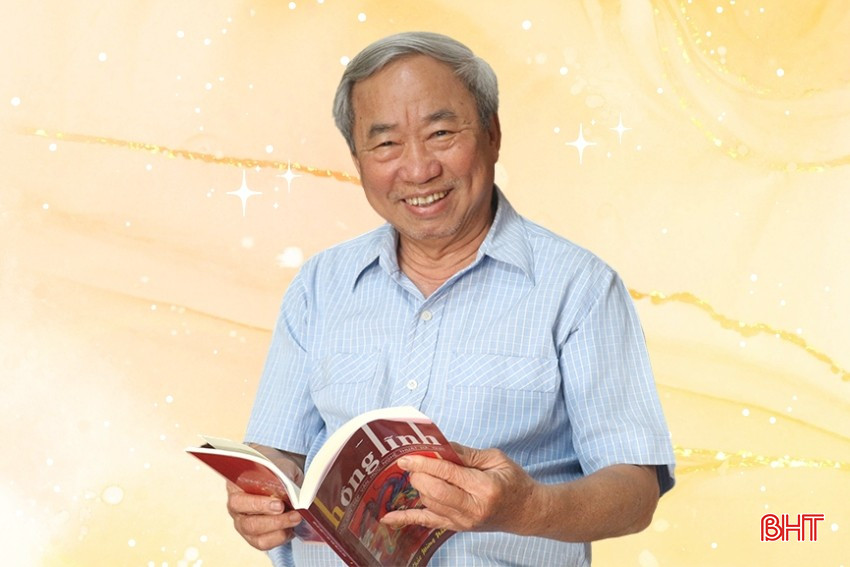
"Homeland Shadow" is perhaps his most emotional six-eight poem with flowing lines of emotions:
The scent of the earth, the sunshine of the sky
Mother's lullaby contains heartfelt words
Tomorrow we will be us
Among the many images of the fall of everyday life
I lie under the shadow of my homeland
Calm down and count the steps you have taken
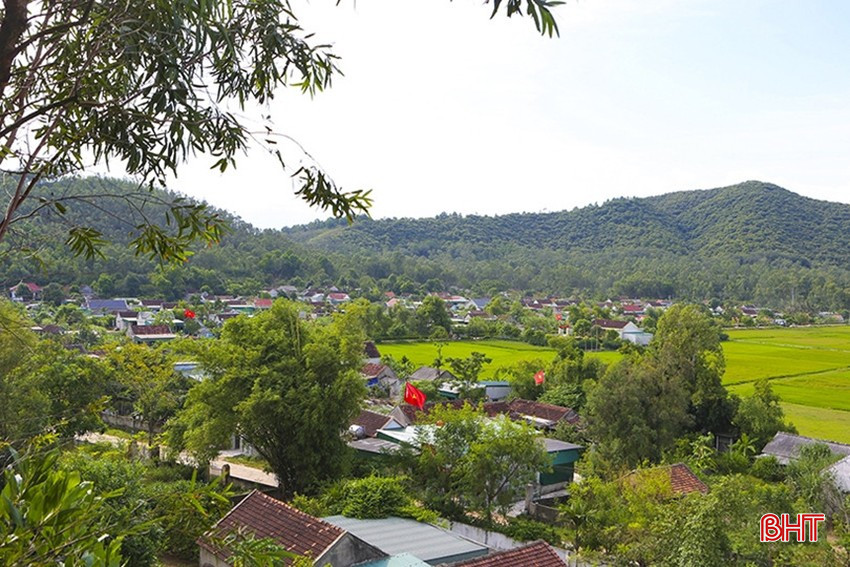
For decades, he was away from his hometown to study, then went to Dong Thap to teach, returned to Ha Tinh city to live, struggled to make a living, but the sound of his hometown never stopped echoing in him. The happiness of lying under the shadow of his hometown and "calmly counting the steps he has taken" is not far away, but it is difficult for many people when the hustle and bustle of everyday life sweeps him away. Truong Ngoc Anh has had that happiness completely. His collection "Voice of the Countryside" has 66 poems, starting with "Back to the Countryside" and ending with "Rang Que", in which dozens of poems are written about his coastal hometown with a "riverbank full of sunshine and wind", "a familiar voice", "mother in a raincoat", "father's hands worn out from plowing"... His heart aches with longing for his hometown, loving his hometown, happy and sad with his hometown in the sun and rain, in the four seasons of spring, summer, autumn and winter:
I love my hometown rice fields
When the time comes, the rain falls white from the sky.
Waves push the rice stalks to tatters
Fragile fate of rice and people rise up
(Countryside)
Enter the soul of my village
But the figure of a country man
From my village I walked away
No matter how far away, still find the old village
(My village)
His heart is filled with gratitude for his homeland, his parents, his grandparents and ancestors. Despite the many changes in life and the times, his homeland remains pristine, pure and shimmeringly beautiful like a watercolor painting carved into space and time, giving him a feeling of peace, tranquility and extraordinary leisure, so that he can “carelessly shake off the dust of time with himself”:
The old ferry has a curved pole
Like a crescent moon in the middle of a drifting river
How many changes and erosions
The green countryside in my gentle soul
Spread your hands to gather some golden sunshine
Carefreely throw dust of time on me
(Far from home)
The gratitude of father and mother, the gratitude of teachers, the gratitude of rice grains, potatoes, rivers, ferry docks, the words of the countryside, the appearance of the countryside…, the homeland to Truong Ngoc Anh is sacred and profound. “Homeland” is the noun that I first learned through his way of speaking:
Sacred as a mother's love for her child
The homeland blood is red as vermillion, looking back
(That hometown)
The homeland in Truong Ngoc Anh's poems, besides images of rice fields, ferries, rivers, the figures of parents... also has the mark of historical and cultural relics such as Nam Gioi - Quynh Vien, Con So Thach Lac, Xich Mo seaport (Ky Nam), Giang Dinh wharf (Nghi Xuan), Thien Tuong pagoda (Hong Linh), Nai mountain - Phu river ( Ha Tinh city)... These poems have an epic color, both melancholy and nostalgic, but in harmony with the feelings of people in the present with very natural language, so they are easy to approach for many people.
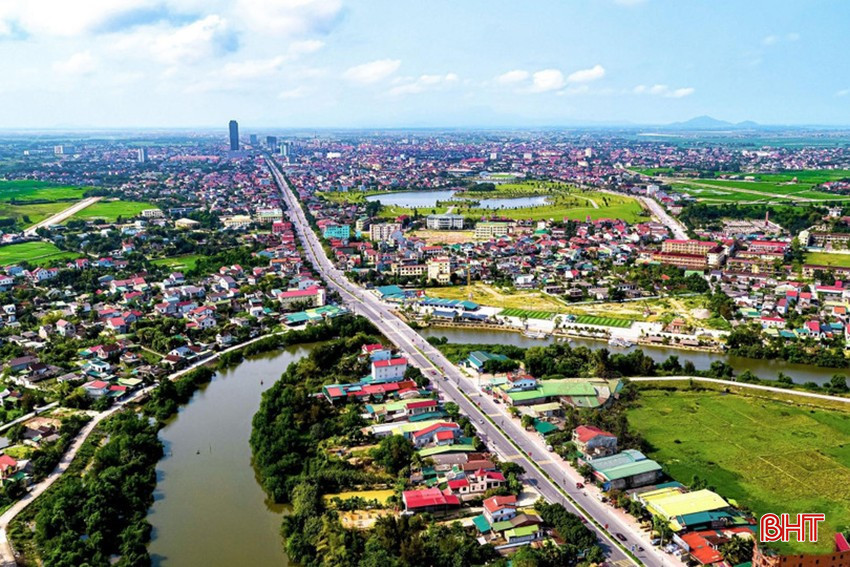
Truong Ngoc Anh once confided that his mother, like many Vietnamese rural women at that time, although illiterate, knew many folk songs, especially the Tale of Kieu. He grew up on the bread and butter of his parents and the six-eight verses, the words of his homeland full of love. At the age of 10, he had memorized many poems and folk songs, and had read many books borrowed from a neighbor. In 2015, commemorating the 250th anniversary of the birth of the great poet Nguyen Du, he composed six-eight verses as a gift for him. The poetic voice and words were reminiscent of the Tale of Kieu, like the words of posterity sent to the great poet of the nation:
The word heart hangs bright
The road is full of ups and downs
Pity the person tears fall
Love people so much that it feels like blood is falling
The sunset has fallen in the west.
In the afternoon, who is sitting fishing?
(Afternoon at Giang Dinh)
Hopefully the milk of his homeland will continue to nourish his poems, give him the strength to overcome his illness, and live with overflowing love.
Truong Ngoc Anh was born on September 15, 1958 in Dinh Ban Commune (Thach Ha), now Ha Tinh City. He graduated from Vinh Pedagogical University, majoring in History (in 1981). After teaching in Thap Muoi (Dong Thap), he moved to Ha Tinh, worked at the Ha Tinh Museum, then became an editor of the art program of Ha Tinh Radio and Television Station (now Ha Tinh Newspaper). In 2018, he retired and continued to compose poetry and prose. He has published two collections of poems, "Wind by the River" (Ha Tinh Literature and Arts Association - 2001), "Countryside Voice" (Nghe An Publishing House - 2024). He won the "Buddhist Poetry Contest towards 1000 years of Thang Long - Hanoi "; second prize in the Tang Luat Poetry Composition Contest with the theme "Forever Dien Bien 2024" of the Vietnam Tang Luat Poetry Association.
Source: https://baohatinh.vn/truong-ngoc-anh-duyen-no-voi-tho-luc-bat-post286634.html



![[Photo] Prime Minister Pham Minh Chinh attends the groundbreaking ceremony of Trump International Hung Yen Project](https://vphoto.vietnam.vn/thumb/1200x675/vietnam/resource/IMAGE/2025/5/21/ca84b87a74da4cddb2992a86966284cf)
![[Photo] Prime Minister Pham Minh Chinh receives Rabbi Yoav Ben Tzur, Israeli Minister of Labor](https://vphoto.vietnam.vn/thumb/1200x675/vietnam/resource/IMAGE/2025/5/21/511bf6664512413ca5a275cbf3fb2f65)
![[Photo] Determining the pairs in the team semi-finals of the National Table Tennis Championship of Nhan Dan Newspaper](https://vphoto.vietnam.vn/thumb/1200x675/vietnam/resource/IMAGE/2025/5/21/eacbf7ae6a59497e9ae5da8e63d227bf)

![[Photo] Scientific workshop "Building a socialist model associated with socialist people in Hai Phong city in the period of 2025-2030 and the following years"](https://vphoto.vietnam.vn/thumb/1200x675/vietnam/resource/IMAGE/2025/5/21/5098e06c813243b1bf5670f9dc20ad0a)
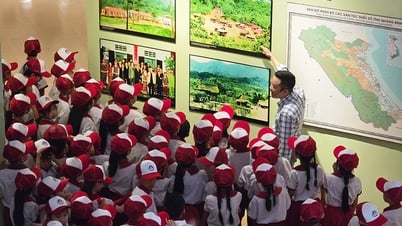

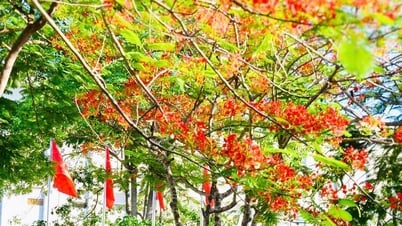

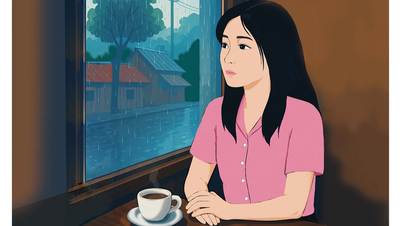



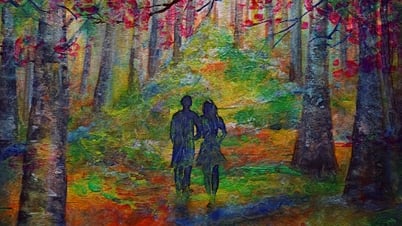









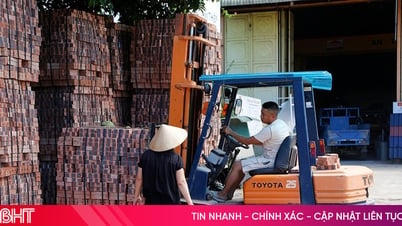
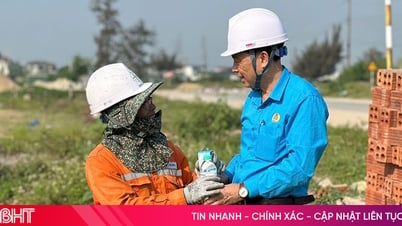




































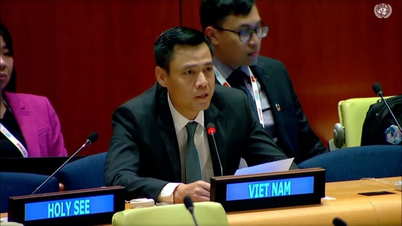


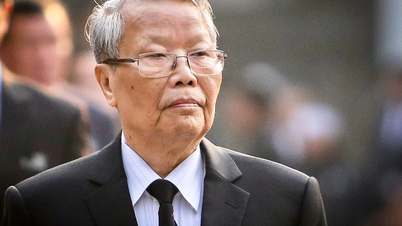



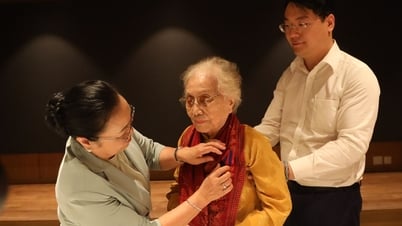


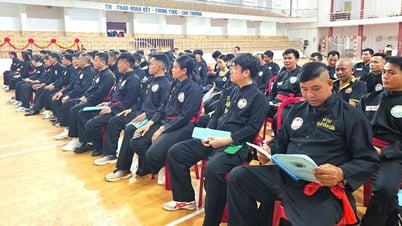
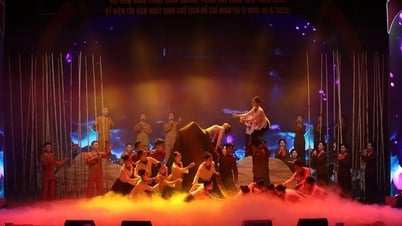


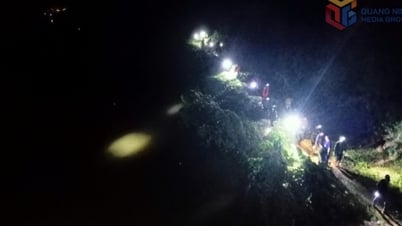
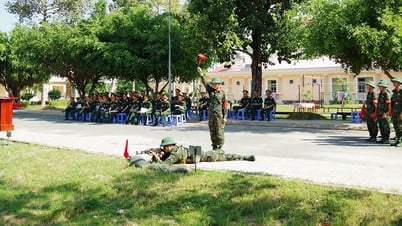

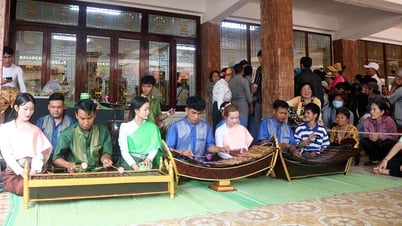













Comment (0)